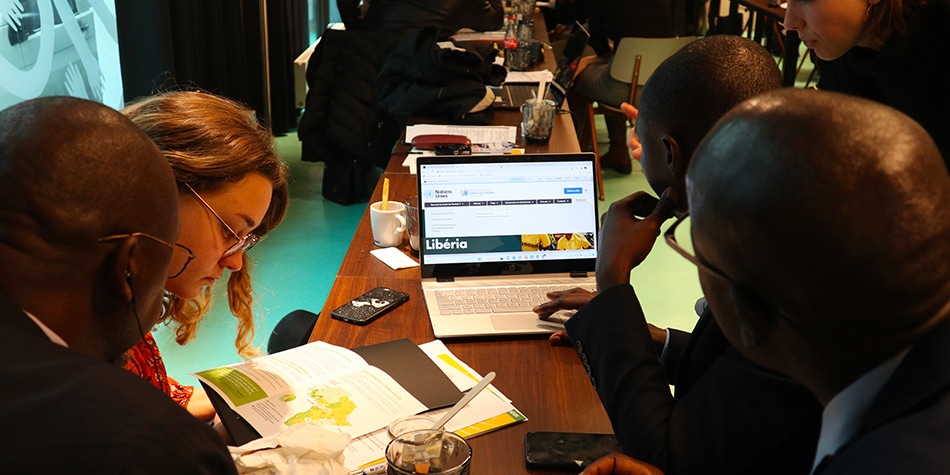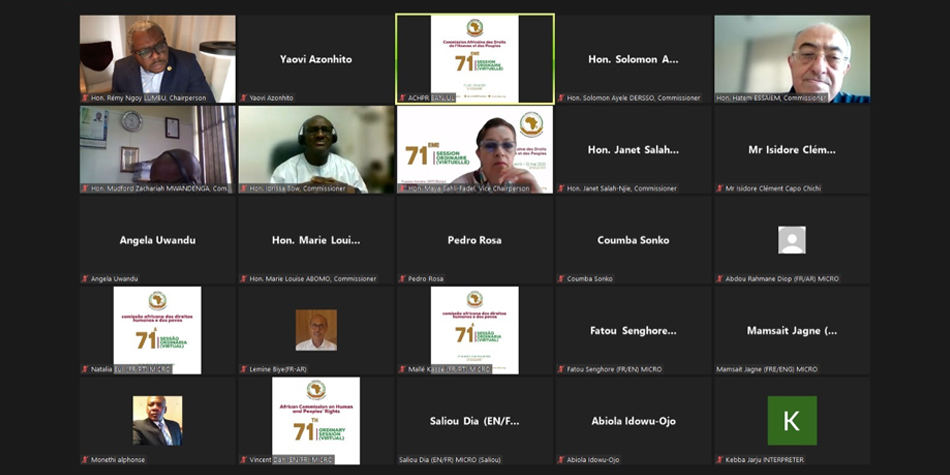Abolition on the agenda of the National Assembly in DR Congo
World Day
On November 4, the National Assembly (photo) in Kinshasa began to discuss a bill aimed at harmonising Congolese law with the Rome Statute of the International Criminal Court. Two MPs have been playing a key role in that debate: Nyabirungu Mwene Songa, who has been promoting the bill, and his colleague André Mbata, with whom he co-signed another bill for the abolition of the death penalty in 2008.
Their argument is simple: how could Congolese law provide for capital punishment for crimes such as murder, while it is being harmonised with an international criminal law that does not sentenced to death those responsible for far worse crimes including genocide?
Motion passed
Mbata introduced a motion calling for the 2008 abolition bill to be examined as a preliminary to the debate on the implementation of the Rome Statute. The next day, the chair of the Assembly rubberstamped it and put the issue on the agenda for “the next appropriate plenary”.
Liévin Ngondji, the president of World Coalition member organisation Culture for Peace and Justice, believes that the Assembly could start discussing the abolition bill as early as November 7. He has spent the last few days dashing between parliamentarians and diplomats from abolitionist countries close to the DRC to secure their support.
On October 9, Ngondji had presented a press conference on the occasion of the World Day Against the Death Penalty calling for “everyone’s support for the Congolese parliament’s tabling of the Mbata/Nyabirungu death penalty abolition bill”.
November 26 update
A majority of the members of the National Assembly rejected the abolition bill on November 25. Mbata referred to the right to life enshrined in the Congolese constitution to defend his draft legislation, but a number of his colleagues argued that the ongoing war in several regions of the country meant that this was not a good time to abolish the death penalty.
Nonetheless, the abolition bill was an opportunity for unprecented debates on the death penalty in DR Congo’s parliament and media.
Categories
Democratic Republic of the Congo






